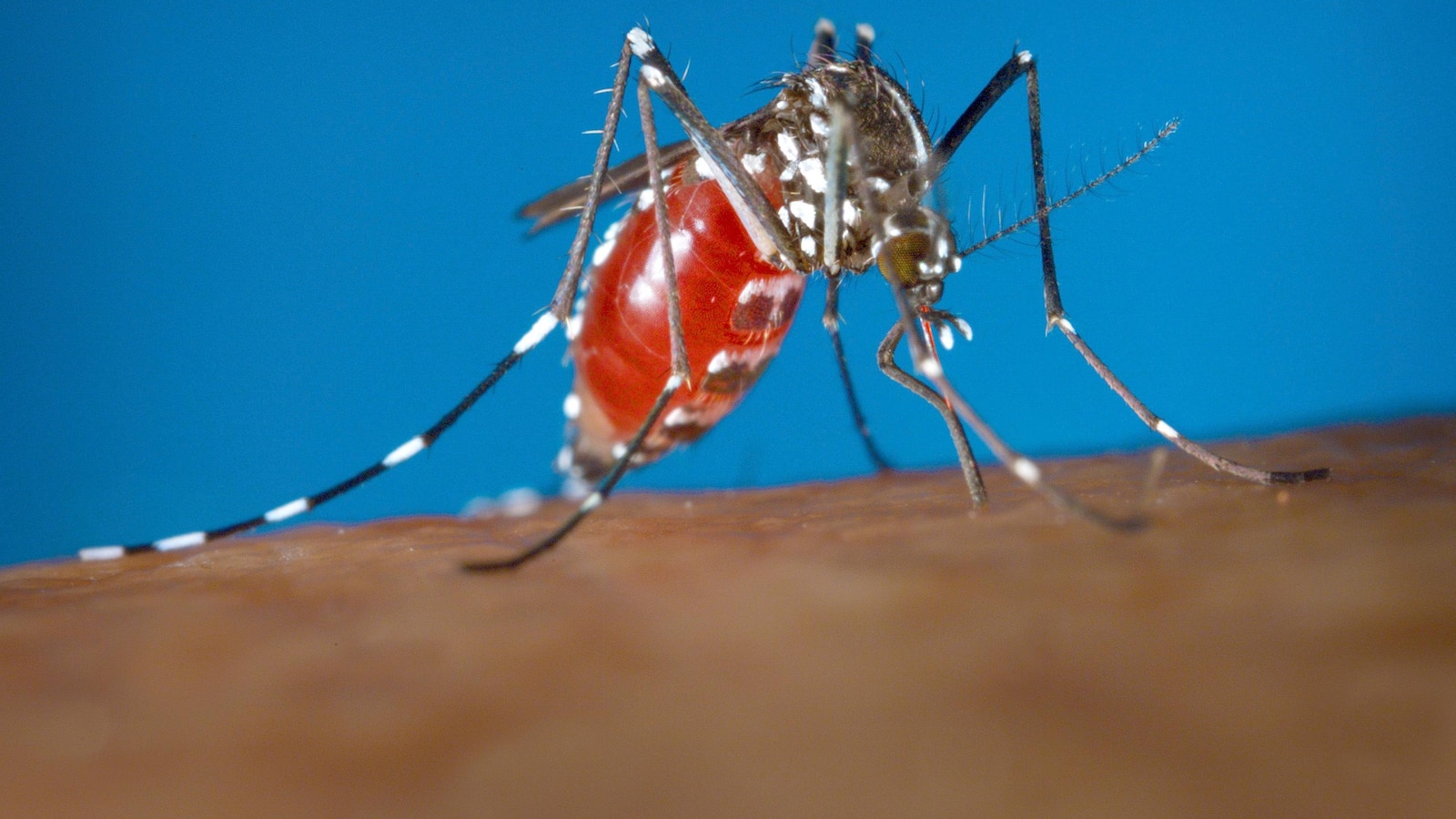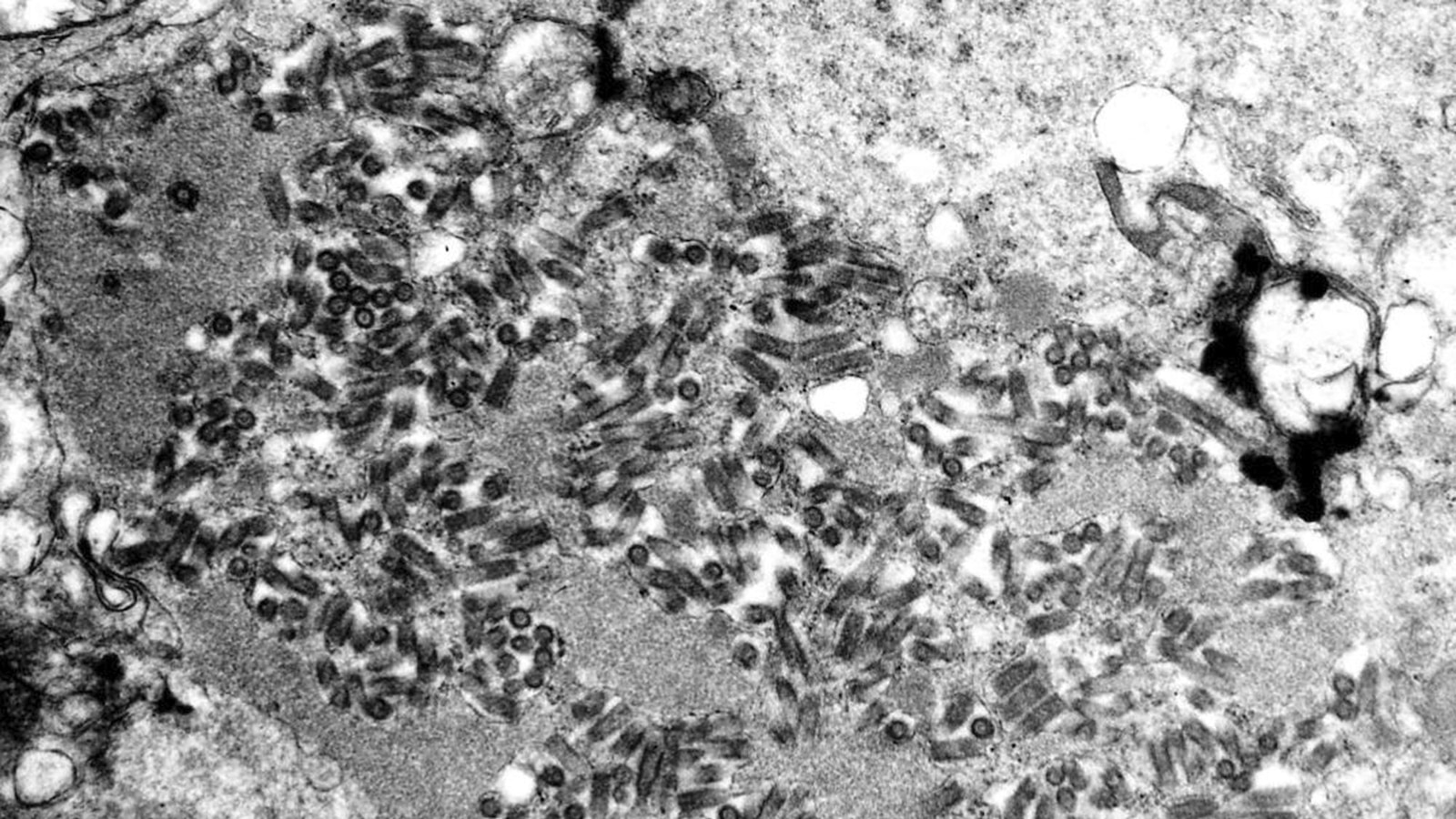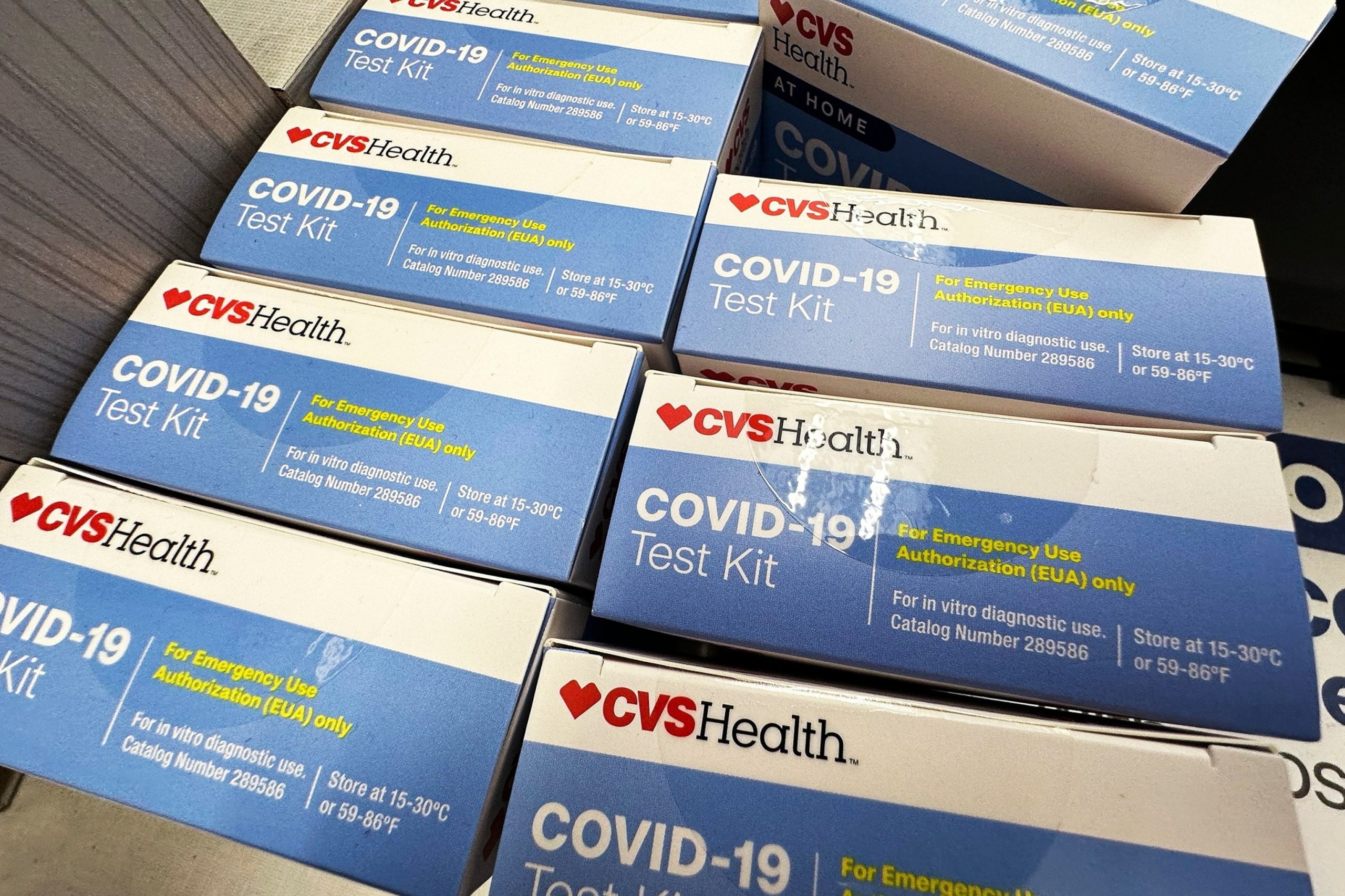
NEW YORK — U.S. health officials on Tuesday warned doctors to be alert for dengue cases as the tropical disease breaks international records.
The virus, which is spread by mosquitoes, has been surging worldwide, helped by climate change. In barely six months, countries in the Americas have already broken calendar-year records for dengue cases.
The World Health Organization declared an emergency in December, and Puerto Rico declared a public health emergency in March.
Dengue remains less common in the continental United States, but in the 50 states so far this year there have been three times more cases than at the same point last year. Most were infections that travelers got abroad, and officials note there is no evidence of a current outbreak. But they also warn that local mosquitos pose a threat.
In its health alert Tuesday, the Centers for Disease Control and Prevention advised doctors to know the symptoms, ask questions about where patients recently traveled and consider ordering dengue tests when appropriate.
Dengue (pronounced DEHN’-gay) is caused by a virus spread by a type of warm weather mosquito that is expanding its geographic reach because of climate change, experts say.
Many infected people don’t get sick, but some experience headache, fever and flu-like symptoms. Severe cases can involve cause serious bleeding, shock and death.
Repeated infections can be especially dangerous.
There are four types of dengue virus, simply known as 1, 2, 3 and 4. When someone is first infected, their body builds antibodies against that type for life. If they get infected with another type of dengue, the antibodies from the first infection may fail to neutralize the second type — and actually can help the virus enter immune cells and replicate.
That’s a concern in Puerto Rico, which for the last two decades has been widely exposed to type 1. Last month, the island reported its first dengue death of the year.
“We’re currently seeing is increases in the cases due to dengue 2 and dengue 3, for which the population has very little immunity,” said Dr. Gabriela Paz-Bailey, the Puerto-Rico-based chief of the CDC’s dengue branch.
There is no widely available medicine for treating dengue infections.
Vaccines have been tricky. U.S. officials in 2021 recommended one vaccine, made by Sanofi Pasteur. The three-dose vaccine is built to protect against all four dengue types and is recommended only for children ages 9 to 16 who have laboratory evidence of an earlier dengue infection and who live in an area — like Puerto Rico — where dengue is common.
Given those restrictions and other issues, it hasn’t been widely used. As of late last month, only about 140 children had been vaccinated in Puerto Rico since shots became available there in 2022, and Sanofi Pasteur has told the CDC it is going to stop making the vaccine.
A different vaccine made by the Tokyo-based pharmaceutical company Takeda is not currently licensed in the U.S. Others are in development.
Across the world, more than 6.6 million infections were reported by about 80 countries last year. In the first four months of this year, 7.9 million cases and 4,000 deaths have been reported, according to the World Health Organization. It’s been particularly intense in the Americas, including in Brazil and Peru.
In the United States, the numbers have been far more modest — about 3,000 cases last year in U.S. states and territories. But it was the worst in a decade, and included more infections that occurred locally, courtesy of native mosquitoes. Most were in Puerto Rico, but about 180 were in three U.S. states — Florida, Texas and California.
So far this year, there have been nearly 1,500 locally-acquired U.S. cases, nearly all of them in Puerto Rico.
Most cases in the continental U.S. continue to be people who were infected while traveling internationally.
It’s “a traveler’s nightmare” and a growing international concern, said Dr. Lulu Bravo, who studies pediatric tropical diseases at the University of the Philippines Manila and who has worked with Takeda on its vaccine.
“When you have an outbreak in a country, tourists might not want to come,” Bravo said.
___
The Associated Press Health and Science Department receives support from the Howard Hughes Medical Institute’s Science and Educational Media Group. The AP is solely responsible for all content.
Health officials around the world are issuing a warning as cases of dengue fever continue to rise at an alarming rate. Dengue fever is a mosquito-borne viral infection that causes flu-like symptoms and can sometimes develop into a more severe form of the disease known as dengue hemorrhagic fever.
According to the World Health Organization (WHO), dengue is endemic in more than 100 countries, with an estimated 390 million infections occurring each year. The number of cases has been steadily increasing over the past few decades, with outbreaks occurring in regions that were previously considered low-risk areas.
One of the main factors contributing to the spread of dengue fever is climate change. Warmer temperatures and increased rainfall create ideal breeding conditions for the Aedes mosquito, which is the primary vector for the dengue virus. As a result, more people are being exposed to the virus and becoming infected.
Another factor contributing to the rise in dengue cases is increased global travel and trade. Infected individuals can unknowingly carry the virus to new areas, where local mosquitoes can then transmit it to others. This has led to outbreaks in regions that were previously dengue-free.
Health officials are urging individuals to take precautions to protect themselves from dengue fever. This includes using insect repellent, wearing long sleeves and pants, and eliminating standing water around their homes where mosquitoes can breed. Travelers to dengue-endemic areas should also take extra precautions to avoid mosquito bites.
Early detection and treatment of dengue fever are crucial in preventing complications and reducing the spread of the virus. Symptoms of dengue fever include high fever, severe headache, joint and muscle pain, and rash. In severe cases, dengue hemorrhagic fever can lead to bleeding, organ failure, and even death.
Health officials are working to improve surveillance and control measures to combat the spread of dengue fever. This includes vector control programs, community education campaigns, and research into new prevention and treatment strategies.
As cases of dengue fever continue to increase worldwide, it is important for individuals to be aware of the risks and take steps to protect themselves from mosquito bites. By working together to prevent the spread of the virus, we can help reduce the burden of dengue fever on communities around the world.


